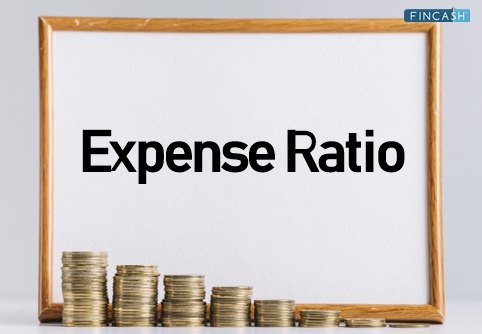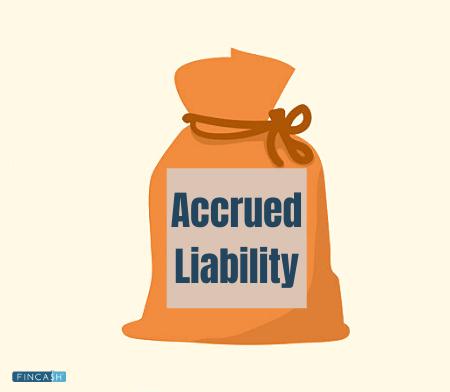
Table of Contents
Accrued Expense
What is Accrued Expense?
An accrued expense is a term in Accounting that refers to expense, which has been incurred even though the cash is not yet paid. For instance, a firm delivers its supplies in November and receives the payment in January. Since accrued expenses are expenses incurred before they are paid, they are liabilities for payments in the future. Therefore, the term is also known as accrued liabilities.

Accrual needs to be recorded in the accounting period that they are incurred. These expenses are coupled up against revenue through the matching principle from the Generally Accepted accounting principles (GAAP). Matching principle records revenue and all related expenses in the accounting period in which they occur, even though the cash is not received or paid out.
Examples of Accrued Expense
Some common examples of accrued expenses are:
- Taxes
- Wages for employees
- Interest on loan(s)
- Goods or services received
- Utility bills
- Rent
- Commissions
Talk to our investment specialist
Types of Accrued Expenses
The two most common types of accrued expenses are - accrued salaries and accrued interest.
Accrued salaries
It occurs regularly within company operations. The use of Accruals in accounting makes sure that the expenses are allocated to the correct accounting period.
For instance, let's assume that a company pays a monthly salary of Rs. 70,000 on the 25th of every month. Assuming that the accounting period ends on 30th of the month, there will be five days where the work is carried out (26th, 27th, 28th, 29th and 30th ), which the payment on the 25th of the month did not take into account.
So in order to correct or adjust these accounts in accrued salaries, following journal entry is required:
- Monthly salaries = Rs. 70,000
- Unpaid days = 5
- Accrued salaries formula = Monthly salaries x 12 x Unpaid days / 365
Accrued salaries = 70,000 x 12 x 5 / 365 =
11,506
At the end of the month the accrued salary expense journal entry is made as follows:
| Account | Debit | Credit |
|---|---|---|
| Salaries | 11,506 | |
| Accrued salaries | 11,506 | |
| Total | 11,506 | 11,506 |
Accrued Interest
It refers to the part of the interest occurred, even though the payment is not been paid or received. Just like accrued salaries example, here's an illustration for accrued interest:
For instance, on January 1st, a firm borrows Rs. 1,00,000 from a Bank at an annual interest rate of 7%. The first interest payment is due in 30 days on 30th January. Therefore,
Annual interest = 7% x (30/365) x 1,00,000 =
575.34accrued interest
All efforts have been made to ensure the information provided here is accurate. However, no guarantees are made regarding correctness of data. Please verify with scheme information document before making any investment.












